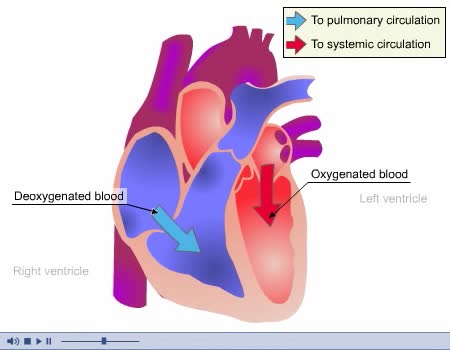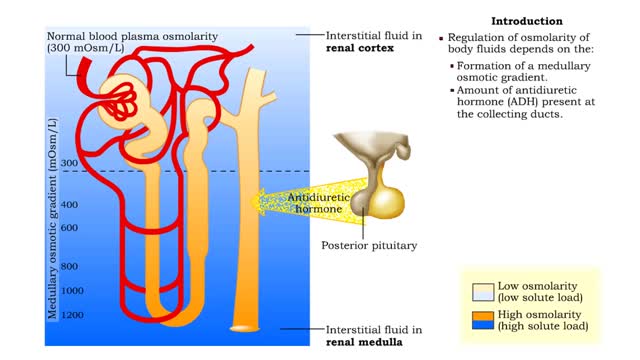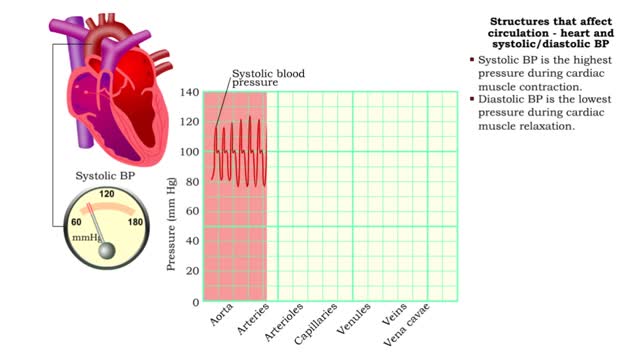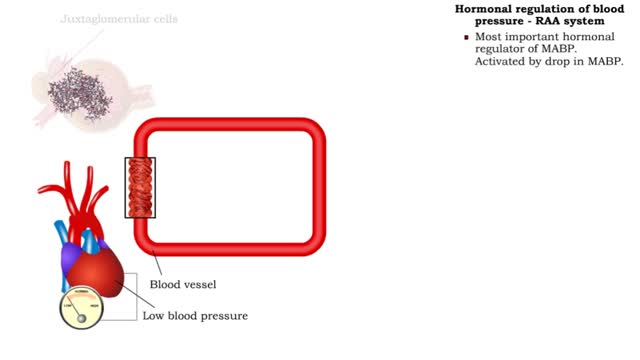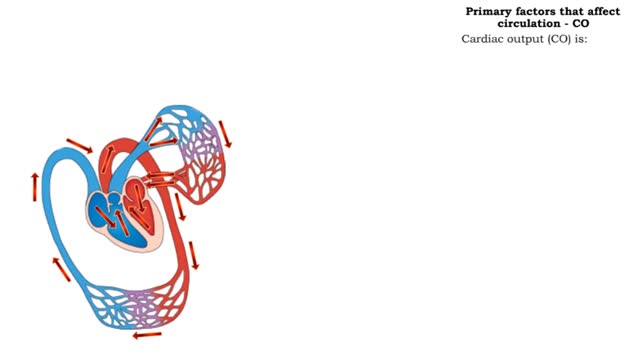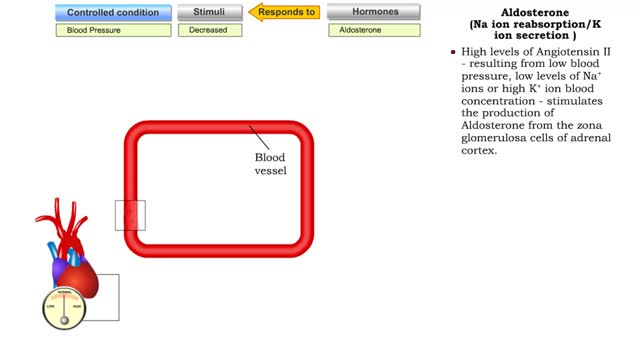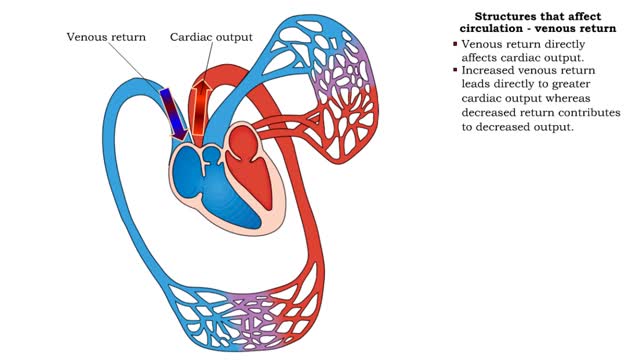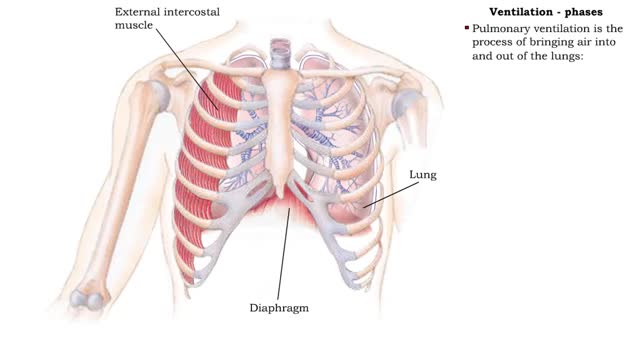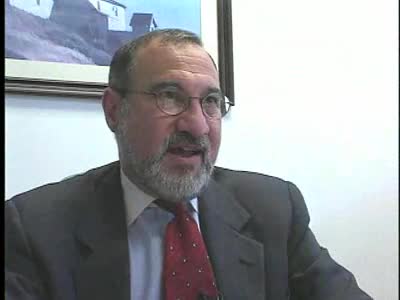Search Results
Results for: 'Blood volume'
By: Administrator, Views: 13568
Prior to atrial systole, blood has been flowing passively from the atrium into the ventricle through the open AV valve. During atrial systole the atrium contracts and tops off the volume in the ventricle with only a small amount of blood. Atrial contraction is complete before the ventricle begins...
Medullary osmotic gradient - influencing factors
By: HWC, Views: 10917
▪ Maintenance of fluid volume and composition, despite changes in water input and output, is crucial to a healthy life. ▪ Regulation of blood's osmolarity, or solute concentration, is a function of the nephron. • Normal osmolarity is maintained by the ability of the nephron to alter uri...
Structures that affect circulation - heart and systolic/diastolic BP
By: HWC, Views: 10499
• Heart generates blood pressure. • Arterioles produce resistance thereby regulating blood flow to tissues. • Veins store blood; kidneys regulate blood volume; both affect venous return and cardiac output. ■ Contractions of the ventricles determine blood pressure, which drives th...
Hormonal regulation of blood pressure - RAA system
By: HWC, Views: 11029
■ Long-term regulation of MABP is under hormonal control. • Hormones that affect blood pressure and volume: the renin-angiotensin-aldosterone (RAA) system, antidiuretic hormone (ADM), and atrial natriuretic peptide (ANP). ■ Most important hormonal regulator of MABP. Activated by drop in...
The primary factors that affect circulation - MABP, CO and SVR
By: HWC, Views: 10885
Introduction Blood flow is determined by the relative intensities of factors that drive and resist moving blood. • Cardiac output (CO) equals the mean arterial blood pressure (MABP, a driving force) divided by systemic vascular resistance (SVR, a resisting force). • Hormones and the cen...
Atrial natriuretic peptide (vasodilation) & Aldosterone
By: HWC, Views: 10243
• Certain situations will cause the body's stress level to rise. • increased blood pressure will stretch the atria of the heart, stimulating the secretion of atria natriuretic peptide (MP). • ANP causes muscle cells in blood vessels to relax. • Blood pressure is lowered as a result ...
Structures that affect circulation - venous return
By: HWC, Views: 10419
• Venous return directly affects cardiac output. • Increased venous return leads directly to greater cardiac output whereas decreased return contributes to decreased output. • Venous return depends on: • Blood volume regulation by the kidneys. • Venous tone. • Skeletal muscl...
Ventilation - phases and driving forces
By: HWC, Views: 10662
Respiration is the exchange of gases between the atmosphere, blood, and cells The combination of 3 processes is required for respiration to occur Ventilation (breathing) External (pulmonary) respiration Internal (tissue) respiration The cardiovascular system assists the respiratory system b...
By: Administrator, Views: 13391
Apnea is the cessation of breathing. During apnea, there is no movement of the muscles of inhalation, and the volume of the lungs initially remains unchanged. Depending on how blocked the airways are (patency), there may or may not be a flow of gas between the lungs and the environment; gas excha...
Advertisement



